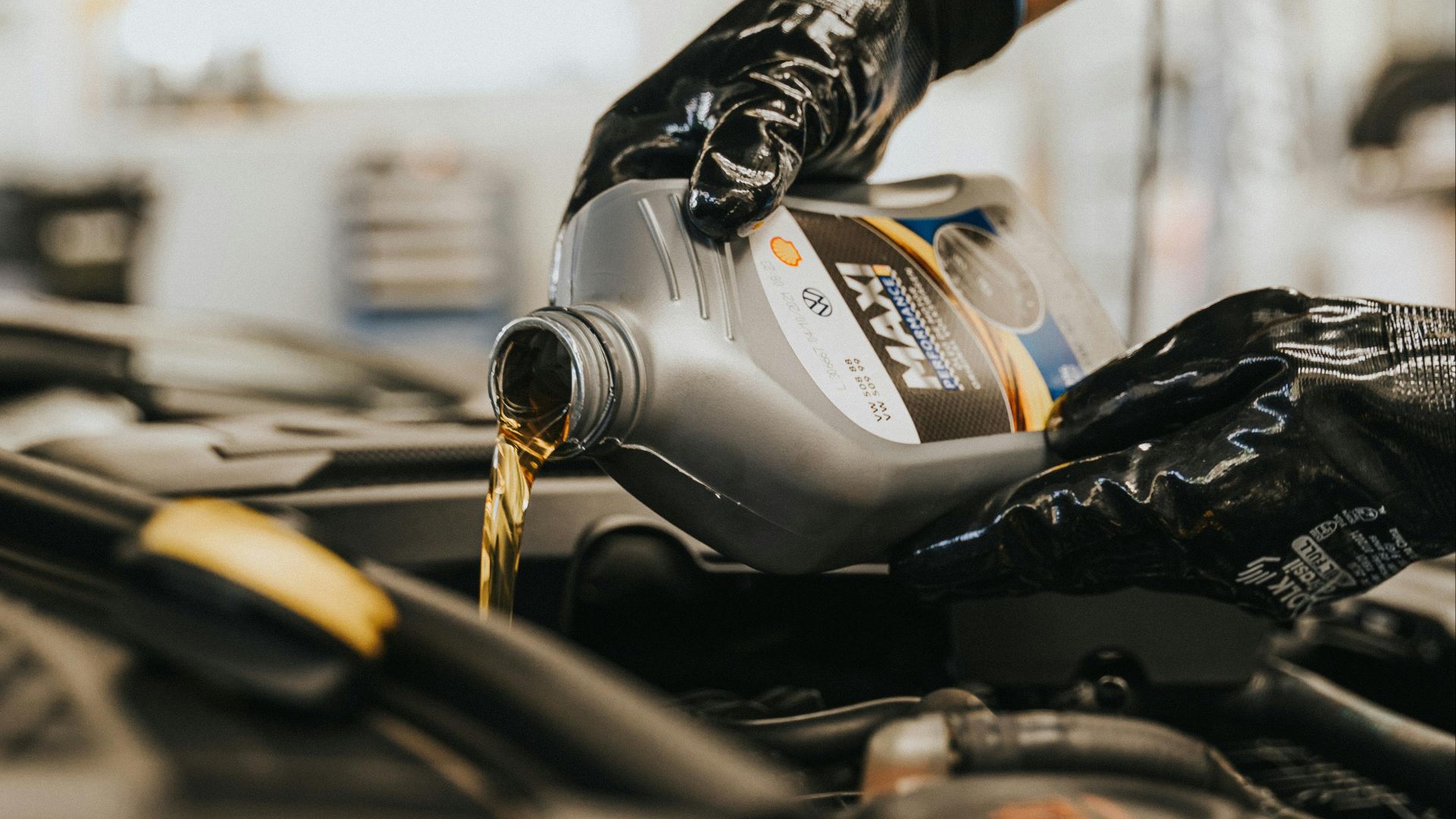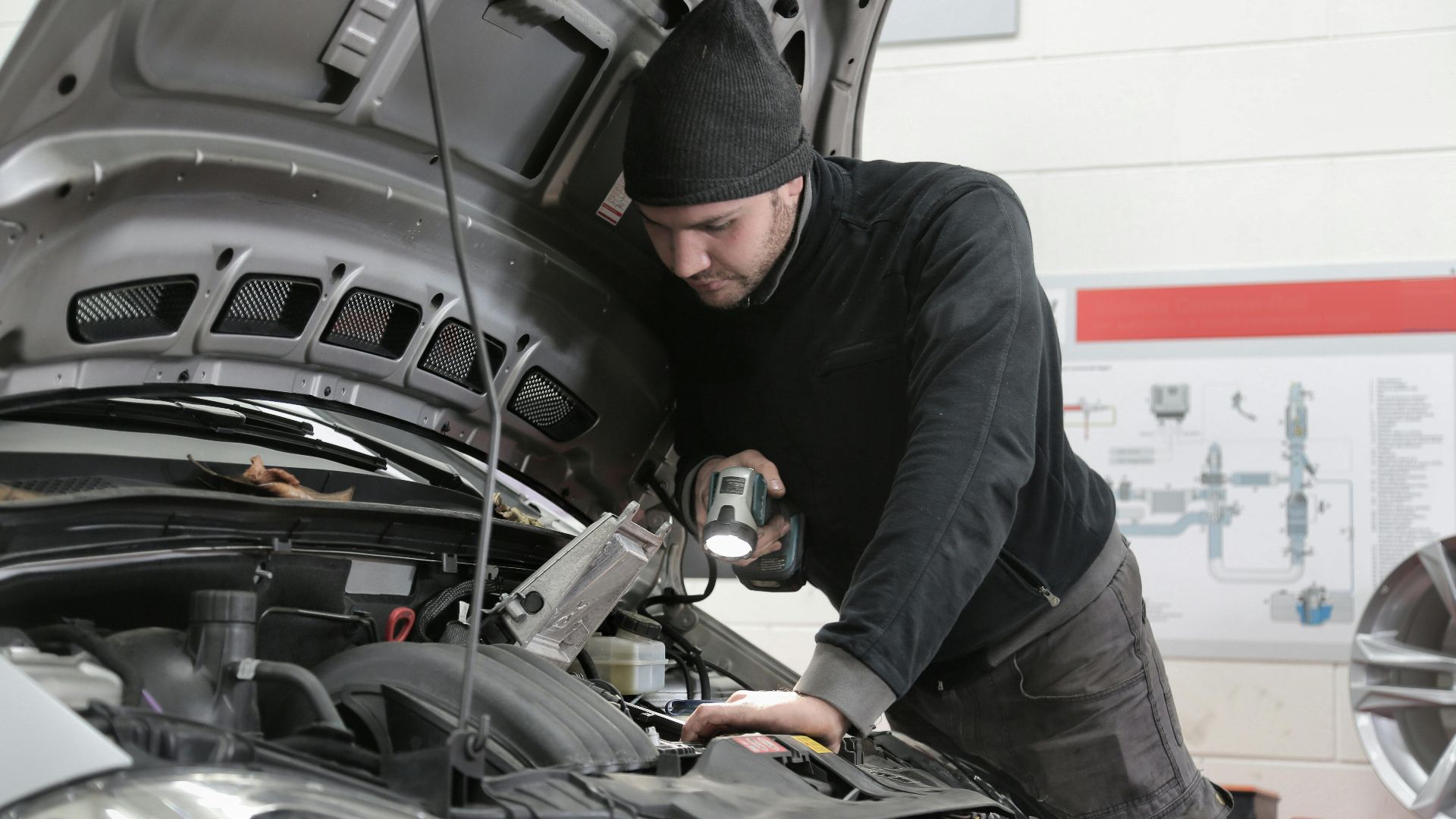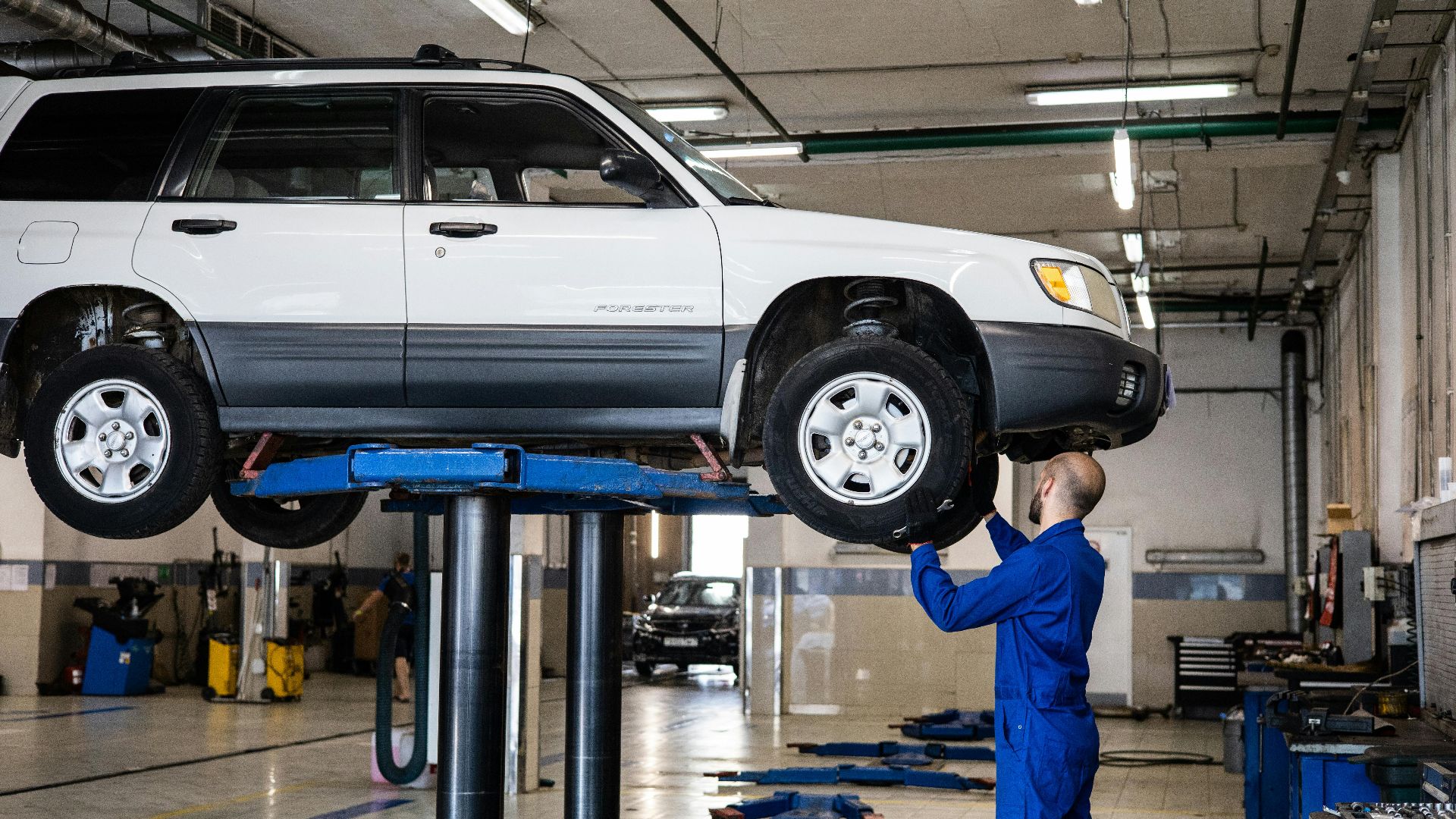Not What You Were Expecting
You took your car in for service expecting routine help; when you mentioned that you did the most recent oil change at home, you heard the dreaded line: “Your warranty is void because you changed your own oil.” At first glance, that seems outrageous, and in many cases it is. But before you panic or fly off the handle, you need to know what dealerships can and cannot legally deny, and what laws protect you.

What A Warranty Actually Covers
A car warranty is the manufacturer’s promise that the vehicle will be free from defects for a defined period. Dealerships sometimes act like they control your warranty, but they don’t. The manufacturer backs it, and federal law sets limits on when it can be denied. You have more rights than the service department might suggest.
Dealerships Can’t Void A Warranty Without Proof
Dealers can’t void your entire warranty just because you changed your own oil. They have to prove your maintenance directly caused a specific failure you’re asking them to fix. If a part breaks that doesn’t have anything to do with your oil change, the denial won’t hold up under consumer protection laws.
The Magnuson-Moss Warranty Act Has Your Back
This federal law prevents manufacturers and dealers from denying warranty coverage without clear evidence. They have to show improper maintenance caused the failure. They also can’t require you to use dealership service unless it's provided for free. Magnuson-Moss is your strongest protection.
What DIY Maintenance Is Allowed
You’re allowed to perform basic maintenance: oil changes, filters, batteries, spark plugs, and brake pads. These don’t void your warranty. Keeping receipts for materials and noting dates and mileage is normally sufficient documentation to protect yourself from questionable dealership claims.
When DIY Work Could Cause Problems
If you used the wrong oil, stripped a bolt, or forgot a gasket, and that mistake directly caused a failure, the dealer can deny that specific repair. However, they still can’t void the entire warranty. Only damage tied to your exact maintenance job can be rejected.
What Happens During A Dealership Visit
Service departments inspect your car for signs of improper maintenance. But suspicion isn’t proof. They have to identify how your work actually caused the problem. A lot of these kinds of denials come from routine guesswork rather than fact, and these are easily challenged if the dealership is unable to provide evidence.
Beware Of The “Use Our Service Only” Myth
Some dealerships imply or outright claim that you have to only use them for every service visit. This is illegal without free service. Dealers rely on customers believing this myth. Knowing your rights helps protect you from unnecessary expenses while keeping your warranty safe.
Aftermarket Parts Don’t Void Warranties
Using aftermarket oil filters or replacement parts is also allowed. The dealer has to prove the part itself caused the issue before they can deny coverage. As long as the part meets the specifications, your warranty is still valid. Off-branding is never grounds for denial by itself.
Keep All Maintenance Records
Good recordkeeping always strengthens your case. Save receipts for oil, filters, fluids, and parts. Record the dates and mileage. Even simple documentation helps prevent disputes later and shows clear evidence that you’re taking proper care of the car. It’s the easiest way to avoid arguments with the dealership (or win an argument, if you get into one).
When It’s Time To Challenge A Warranty Denial
Ask the dealership to provide the denial in writing along with the reason why they’re denying the work under warranty. Then get them to give you proof that your maintenance caused the failure. Many denials fall apart at this step because the dealership can’t provide technical evidence. Persistence is what pays off.
Escalate To Other Options When Dealers Refuse
You can escalate to the manufacturer’s customer service, regional representatives, or even file complaints with the FTC or state attorney general. Dealerships know legal pressure can expose improper denials, so if you take this route don't be surprised to see them start dancing to a different tune.
Understanding Extended Warranties
Third‑party extended warranties may have stricter rules, but they also ultimately have to rely on proof. Some companies are more aggressive when it comes to denying claims, so always read the fine print. Still, Magnuson‑Moss protections apply, and you’re entitled to fair treatment no matter who the warranty provider is.
When A Denial Could Be Valid
If you use non‑spec oil, ignore maintenance intervals, or damage something else during a repair, the dealer is within their rights to deny coverage for that specific component. But blanket denials usually aren’t justified. Responsible DIY maintenance rarely gives them legitimate grounds for rejection.
Why Dealerships Push Back On DIY Work
Service departments get a lot of their revenue from routine maintenance work. DIY oil changes cut into their profits, so some advisors try to resort to scare tactics to keep you coming back. Understanding your rights protects you from getting pushed around or upsold into services you don’t actually need.
When You Talk To Service Advisors
Stay calm and confident in yourself. Ask specific questions: “Can you show how my oil change caused this failure?” or “Can you put this refusal in writing?” When you ask them point-blank to justify their reasoning, many service departments will quickly come around to cooperating with you.
When To Talk To A Lawyer
If the repair they’re balking at is expensive and the dealership won’t give an inch, a consumer rights attorney may help. Many offer free consultations and only charge if you win. Magnuson‑Moss cases are often straightforward, making legal action a strong option.
Using Independent Shops Safely
You can get maintenance service from any qualified mechanic. As long as the work is performed properly and the parts meet specifications, the warranty will remain intact. Independent shops can save you a bundle without risking your manufacturer protection.
Protect Yourself Going Forward
Follow the maintenance intervals in your owner’s manual, keep accurate records of everything, and always use fluids and parts that meet the manufacturer’s specifications. These simple steps give manufacturers no reasonable grounds to deny coverage and promise smooth sailing for future warranty claims.
Final Answer: Can They Really Do This?
In most situations, no, they can’t void your warranty just because you did your own oil changes. Federal law upholds your right to do basic maintenance without being punished for it. As long as your work didn’t cause the problem, the dealership is obligated to honor your coverage.
You May Also Like:
Don't Make These Car Maintenance Mistakes, They'll Cost You Thousands
Car Repairs You're Putting Off That Could Cost You Thousands


























